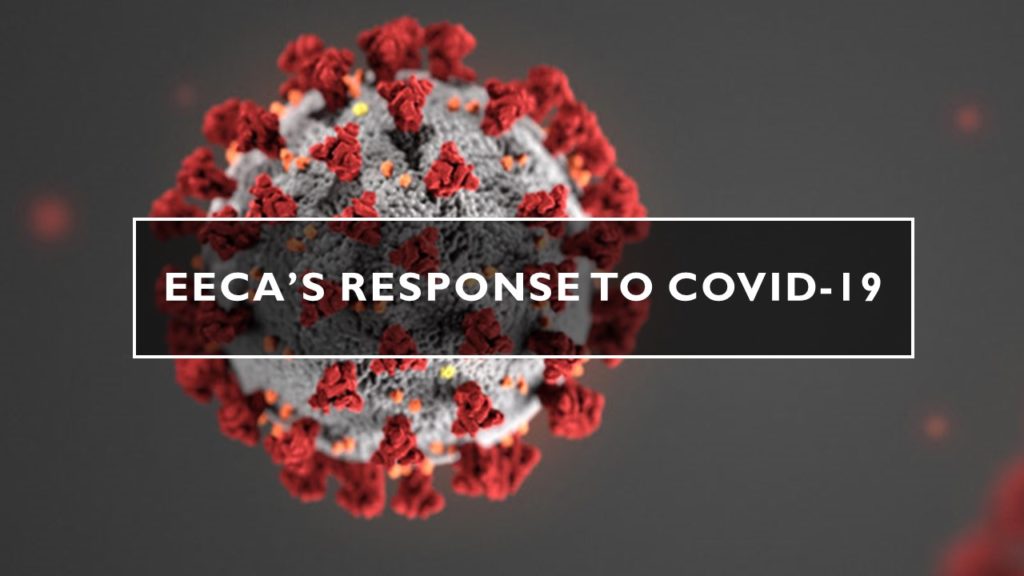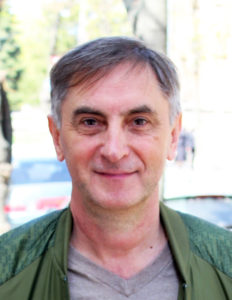 What are the challenges faced by civil society organizations in Eastern Europe and Central Asia due to the coronavirus pandemic? How have they adapted to modern realities and how do they continue their activities under limited quarantine conditions?
What are the challenges faced by civil society organizations in Eastern Europe and Central Asia due to the coronavirus pandemic? How have they adapted to modern realities and how do they continue their activities under limited quarantine conditions?
AFEW International launched a series of materials “EECA’s response to COVID-19″. Heads of NGO’s, activists from the EECA Region – about interesting practices, unusual solutions and new opportunities in the COVID-19 reality.
 Alexander Ostapov, President of PF “Return to Life”, Project Coordinator, Ukraine, Kirovohrad oblast.
Alexander Ostapov, President of PF “Return to Life”, Project Coordinator, Ukraine, Kirovohrad oblast.
For reference:
Ukrainian Fund “Return to Life” has been working in harm reduction since 1999. The main key group is people who are vulnerable to HIV because of their risk behavior: people who use drugs, sex workers, people released from prison, young people.
Difficulties caused by the virus
Of course, the virus has made our work much more difficult. It especially affected the activities related to Dance4Life – our work in educational institutions, street actions, face-to-face work with partners (round tables and group work meetings). Online partner meetings have not been shown to be effective – many people work from home, which significantly reduces possibilities for communication.
In general, our key group is not lost, but some people have had to come back to their home towns. This makes communication difficult, as some people have no access to the Internet, and it is expensive and inefficient to reply via SMS.
Innovations
Our work has mostly moved to a virtual format through Telegram, Instagram, Viber and other applications. Also, we have developed the scheme of delivery to clients of preventive items (condoms, individual educational materials, pregnancy tests, gynecological kits, etc.).
How is the delivery going? Clients make orders, discuss it with a social worker, then a social worker prepares the package (we call such kits “Helper”) and in order to receive it the client either has to come to a service point (SP), which operates on Mondays, Wednesdays and Fridays from 12:00 to 14:00, or pick it up at an agreed place near the SP.
We are now also in the process of developing a new work format via schools’ websites to inform students.
Despite the restrictions, we have not stopped visiting some cities to meet with leaders from a group of teenagers. They are getting all the tools they need to continue their activist work. At the same time, of course, we observe all individual protection measures: social distance, using mask, gloves and disinfectant.
What’s next?
Further on, we plan to develop a new method of on-line consultations, continue working with “Helper” packages and attract new people to the project using the iPDI model (implementation by peers through social networks). Soon the quarantine will end, and we will personally meet those who have joined us during this time.
They say – what does not kill us makes us stronger. I hope that all of us will come out after the quarantine strong, with new experiences and new clients.



